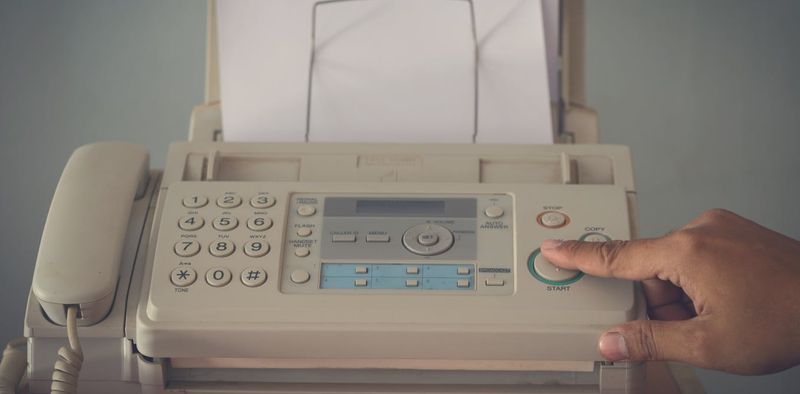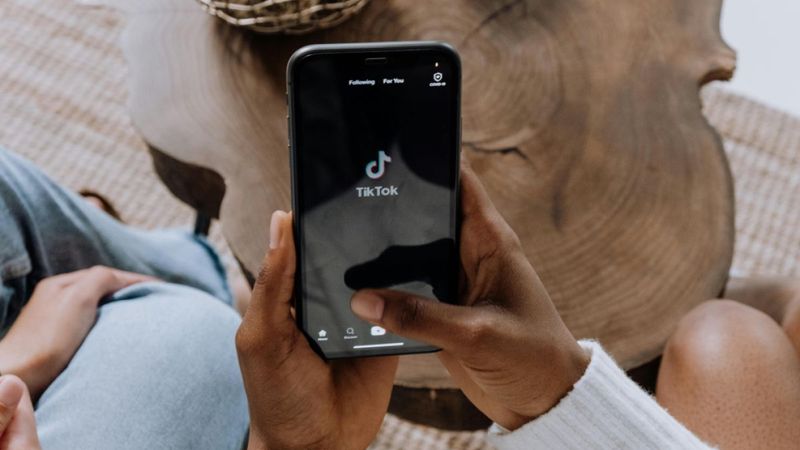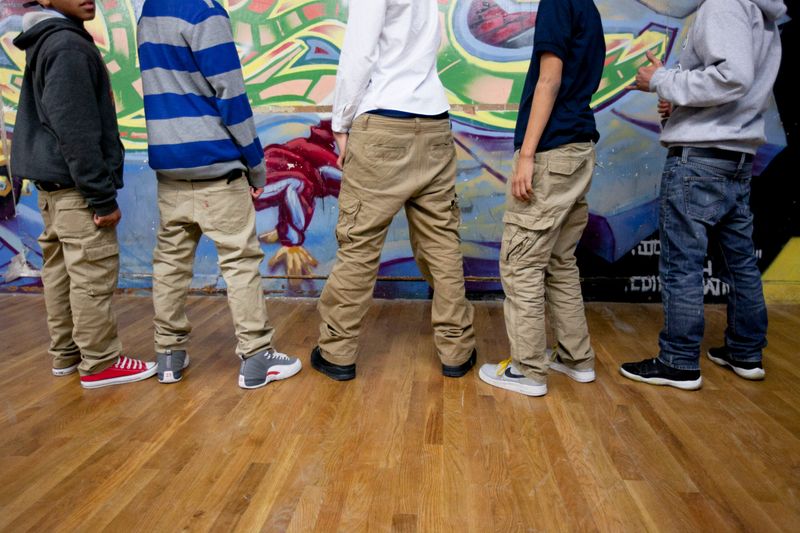18 Phrases Boomers Need To Avoid If They Don’t Want To Sound Old
In a world that’s constantly evolving, keeping up with the times can be a challenge, especially when it comes to language. Boomers, like all generations, have their unique expressions, but some phrases might come off as outdated or even out of touch to younger ears.
Embracing new ways of speaking can bridge generational gaps and show openness to change. Here are 18 phrases that Boomers might want to sidestep if they aim to sound more current and relatable.
1. “Back in my day…”

Ah, the classic start to a trip down memory lane! While it’s lovely to reminisce, starting a conversation with “Back in my day…” can make you sound like you’re stuck in the past. Younger folks might roll their eyes, thinking, “Here we go again with the old stories.”
Instead of transporting the listener to yesteryears, why not engage them with a question about their experiences? Ask things like, “How does that compare to now?” This opens up a dialogue rather than a monologue.
Language evolves, and so do stories. Making them relevant to today’s world can bridge the generational gap and invite new discussions.
2. “You kids have it so easy.”

It’s tempting to think life was tougher in the past, but this phrase can come off as dismissive. Telling younger generations they have it easy overlooks the unique challenges they face today.
Instead, why not ask them about the hurdles they encounter? Try saying, “What’s challenging for you these days?” This shows empathy and opens up understanding.
Generational comparisons can be fun, but acknowledging each other’s struggles creates a more supportive dialogue.
3. “Let me fax that to you.”

Fax machines, once the pinnacle of office technology, now seem comically antiquated in the age of emails and instant messaging. Suggesting to fax something can make you sound like you’re from another era.
Instead, embrace the modern tools at our disposal. Try saying, “I’ll email that to you,” or, “Shall I send it via WhatsApp?” Adaptability shows you’re in tune with current tech trends.
The digital world can be a maze, but navigating it with confidence keeps you connected.
4. “I don’t trust online banking.”

While skepticism is healthy, outright distrust of online banking can make you seem out of touch. Online transactions are the norm, and many find them safe and convenient.
If you’re wary, start small. Ask someone to guide you through a secure online transaction, and experience the convenience firsthand.
Trust in technology has become essential, and embracing it reflects a willingness to adapt to changing times.
5. “What’s a TikTok?”

Curiosity about new platforms is great, but dismissing TikTok with a “What’s a TikTok?” might make you seem out of touch. The app is a cultural phenomenon, especially among younger generations.
Instead of feigning ignorance, ask for a demonstration. Say, “Can you show me your favorite TikTok video?” It invites a learning opportunity and a chance to connect over shared interests.
New platforms are springboards for creativity and connection, and diving in can reveal a world of fun content.
6. “Pull up your pants!”

Fashion trends change, and low-slung pants can evoke reactions ranging from annoyance to amusement. But repeatedly pointing it out can make you sound rigid.
Instead, engage in a conversation about fashion. Ask, “What’s popular in fashion these days?” This shows curiosity rather than judgment.
Fashion is an ever-changing canvas, reflecting individuality. Appreciating its nuances bridges gaps between generations.
7. “They just don’t make music like they used to.”

Nostalgia for older music is natural, but insisting it’s superior might alienate those who enjoy contemporary tunes. Music evolves, and every era brings its unique sound.
Rather than dismissing today’s hits, explore them. Ask someone to share their playlist, or find common ground in genres.
Music is a timeless connector, transcending age barriers and bringing people together through shared harmony.
8. “I had to walk uphill both ways.”

Everyone loves a good story, but embellishing your hardships might sound like boasting. “I had to walk uphill both ways,” is often met with laughter or eye rolls.
Instead, share genuine stories of resilience from your past. Ask young people about their challenges too; you’ll likely find common ground.
Storytelling is an art, and authentic tales of perseverance inspire connection rather than disbelief.
9. “That’s just the way it’s always been.”

Resisting change with “That’s just the way it’s always been” can stifle innovation. This phrase might make you seem inflexible to fresh ideas or improvements.
To stay current, embrace new perspectives. Ask, “How can we improve this?” and welcome different viewpoints.
Adaptability is a hallmark of progress, inviting growth and evolution in both thought and action.
10. “Why would anyone need more than one pair of shoes?”

Practicality is admirable, but questioning the need for multiple shoes might miss the point of personal expression. Shoes can be an art form, reflecting personality and mood.
Instead, ask about the stories behind the shoes. “What’s your favorite pair and why?” opens up conversations about identity.
Fashion is more than function; it’s a canvas for creativity, showcasing individuality and flair.
11. “You’re too young to be tired.”

Youth doesn’t guarantee boundless energy, and telling someone they’re too young to be tired can dismiss their genuine fatigue. Today’s fast-paced world takes its toll on all ages.
Instead, offer empathy. Say, “I remember being exhausted at your age too,” acknowledging their experience.
Understanding fatigue as a universal experience fosters compassion across generations.
12. “Texting is ruining conversation.”

Texting as a communication form has its critics, but claiming it’s ruining conversation might sound dismissive of technological evolution. Many find it a convenient way to stay connected.
Instead, appreciate the benefits. Ask someone how they keep in touch with loved ones, and share your favorite communication method.
Communication evolves, and embracing new forms can enhance connections, not hinder them.
13. “I still use my flip phone.”

Flip phones evoke a simpler time, but proudly declaring their use might make you sound resistant to technological advances. Smartphones offer a gateway to a world of resources and connectivity.
Consider embracing new tech by exploring its features. Ask for recommendations on useful apps or tools.
Innovation unlocks new possibilities, and adopting it can open doors to enhanced experiences.
14. “They’re all addicted to their screens.”

Screen time is a hot topic, but labeling younger generations as “addicted” can come off as judgmental. Many use screens for learning, working, and socializing.
Engage them by asking about the apps and content they enjoy. Discover shared interests or new recommendations.
Technology is a gateway to discovery, and exploring its potential together bridges generational divides.
15. “When I was your age, we had respect.”

Nostalgia for past manners is charming, but claiming superior respectfulness might alienate younger folks. Respect evolves just like language and customs.
Instead of asserting, ask about their views on respect. Engage in dialogue about mutual understanding.
Respect is a two-way street, and mutual exploration of its meaning enriches relationships.
16. “Don’t you want a real job?”

The definition of a “real job” has shifted, and traditional paths are no longer the only routes to success. Questioning non-conventional careers may sound dismissive.
Instead, inquire about their passion. Ask, “What do you love most about your work?” to understand their career journey.
Embracing diverse career paths reflects openness to new definitions of success and fulfillment.
17. “I’m not paying for water in a bottle.”

Bottled water might seem like an unnecessary expense, but it’s often valued for convenience and taste. Dismissing it can sound out of sync with current consumer habits.
Instead, explore the reasons behind such choices. Engage in a conversation about preferences without judgment.
Understanding consumer trends fosters connection over shared necessities and delights.
18. “We didn’t need therapy back then.”

Therapy’s stigma has lifted, yet claiming it was unnecessary might dismiss those who benefit from mental health support. Acknowledging its value today can foster empathy.
Instead, discuss mental well-being openly. Ask how others manage stress and share your methods.
Emotional health is as vital as physical health, and supporting it signifies growth and understanding.






